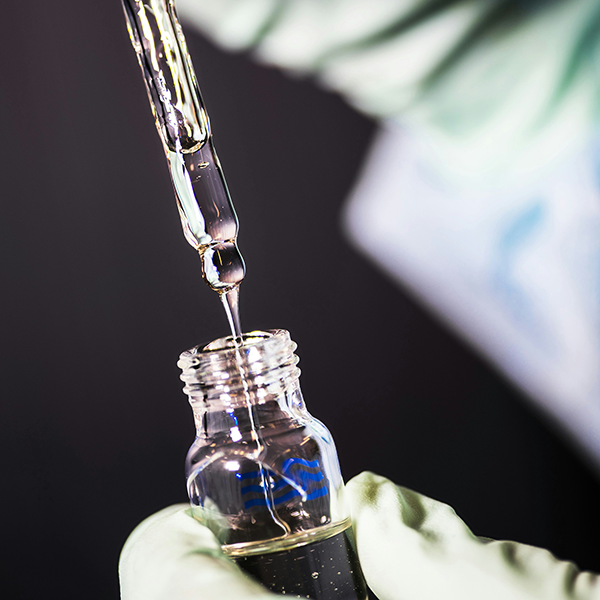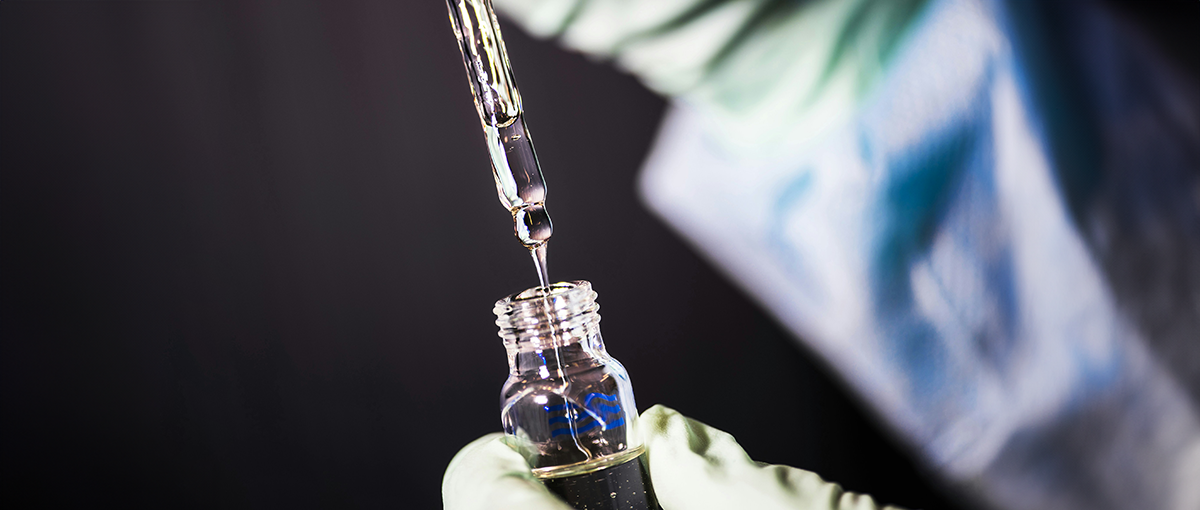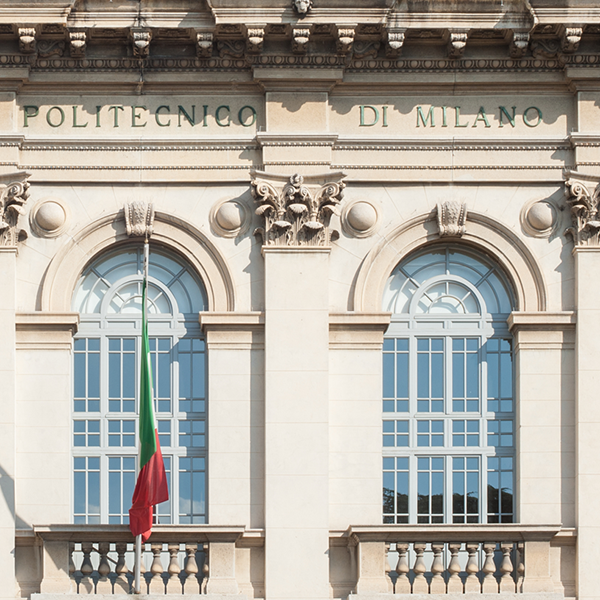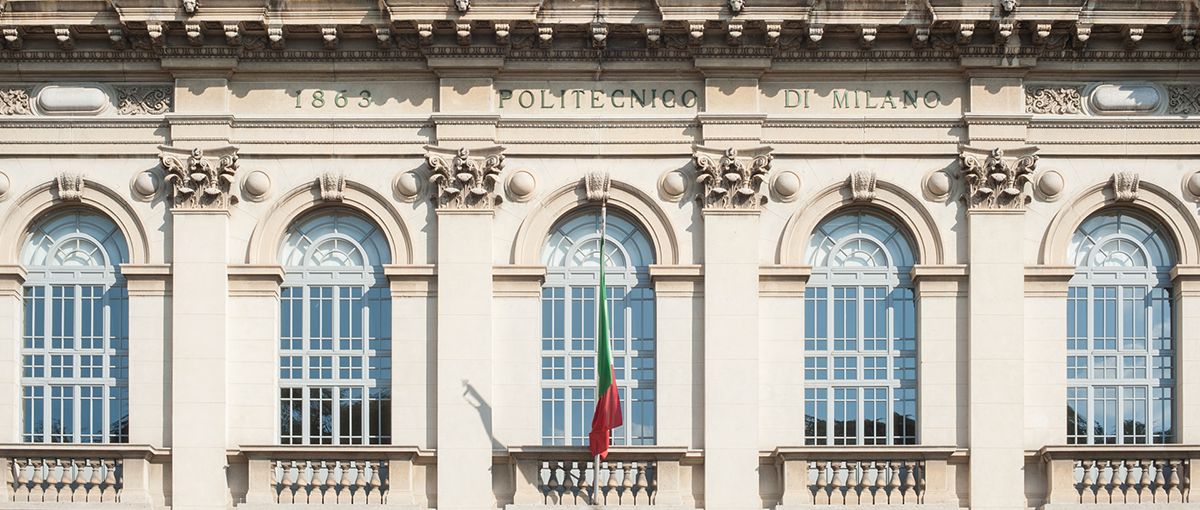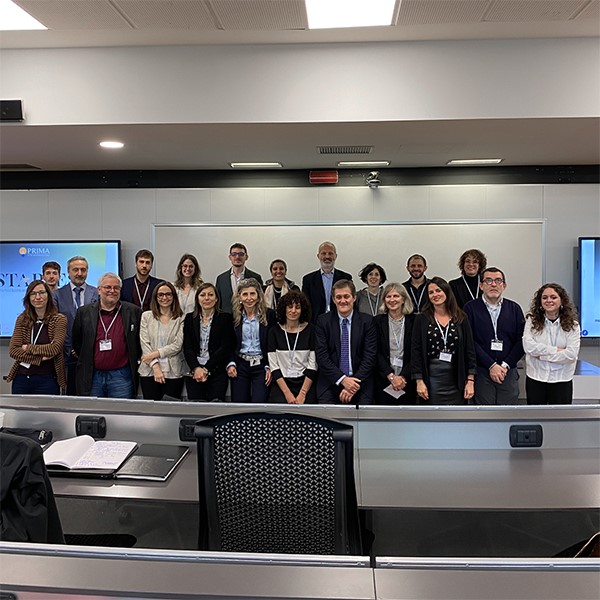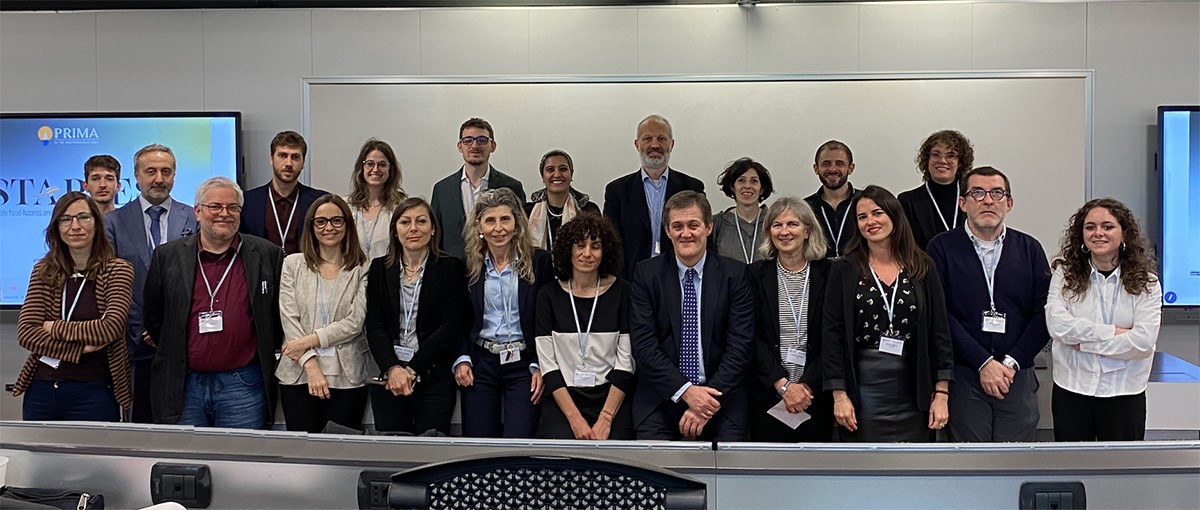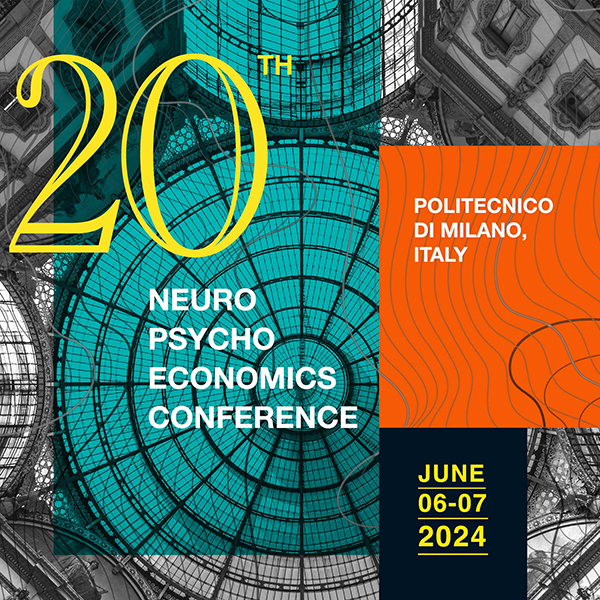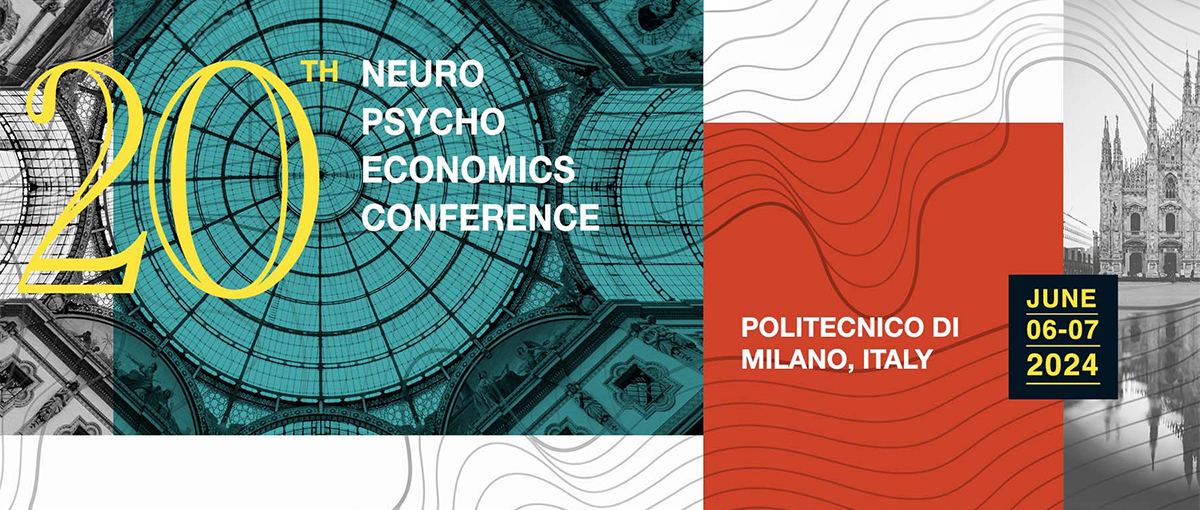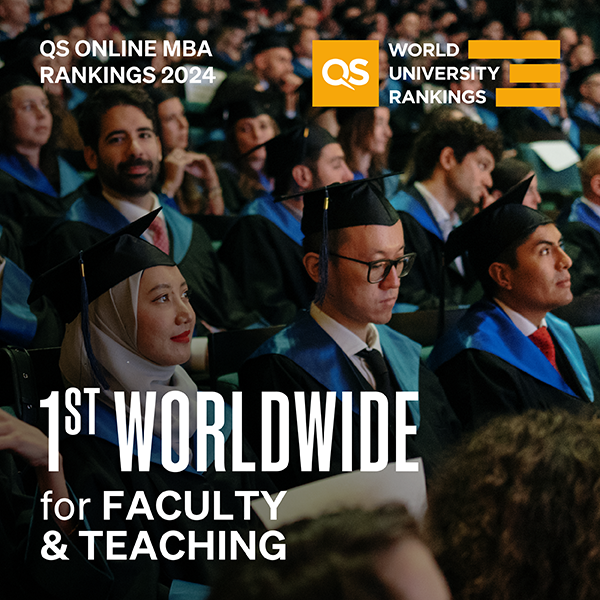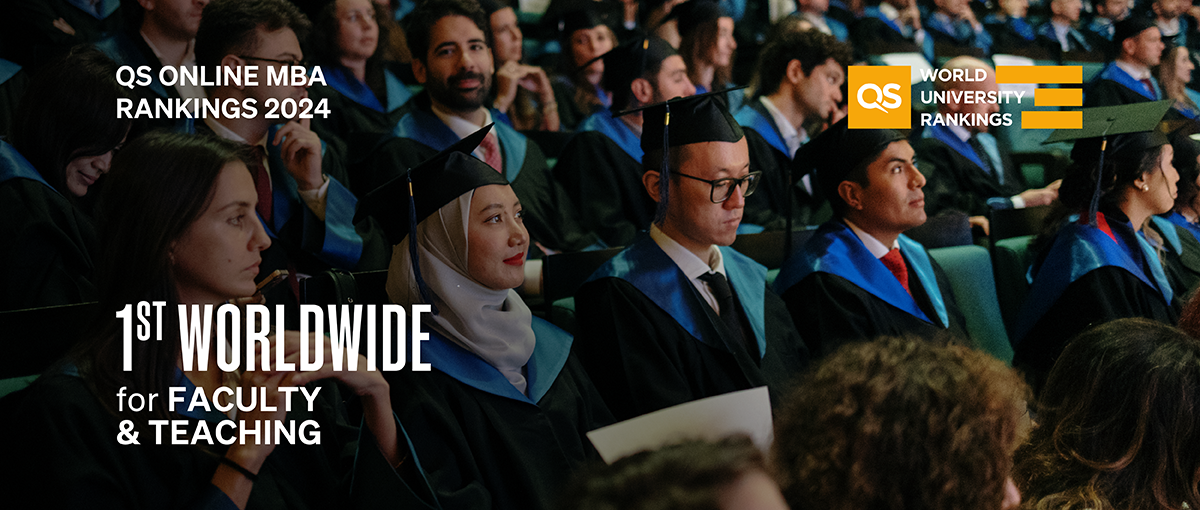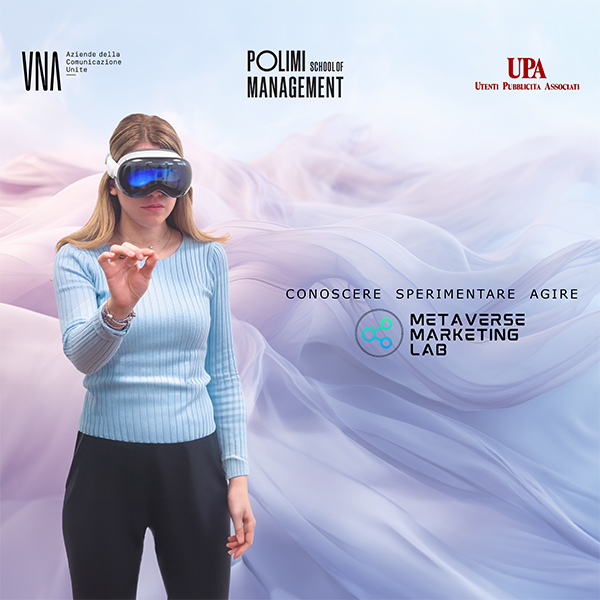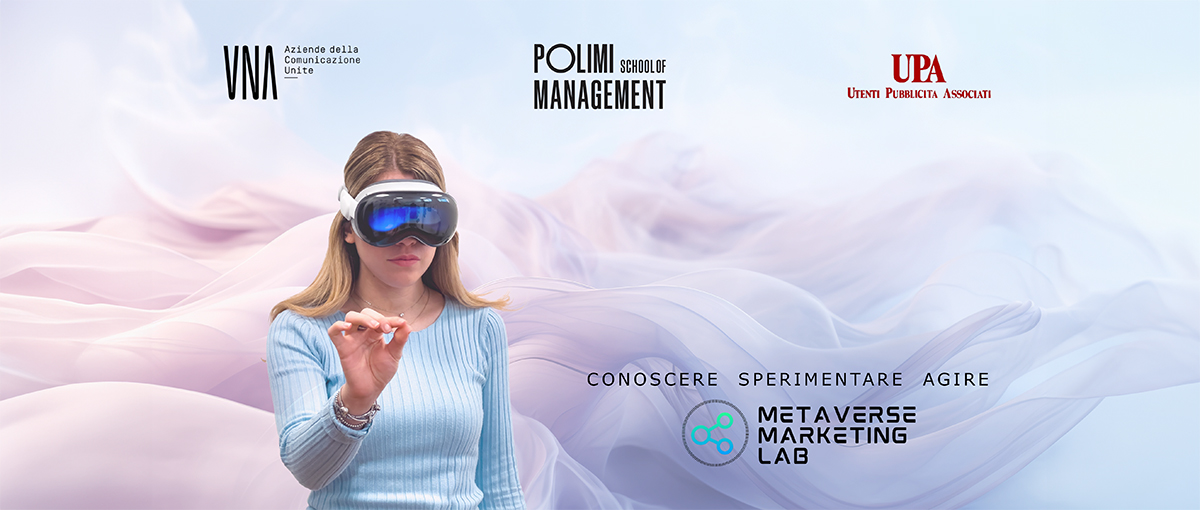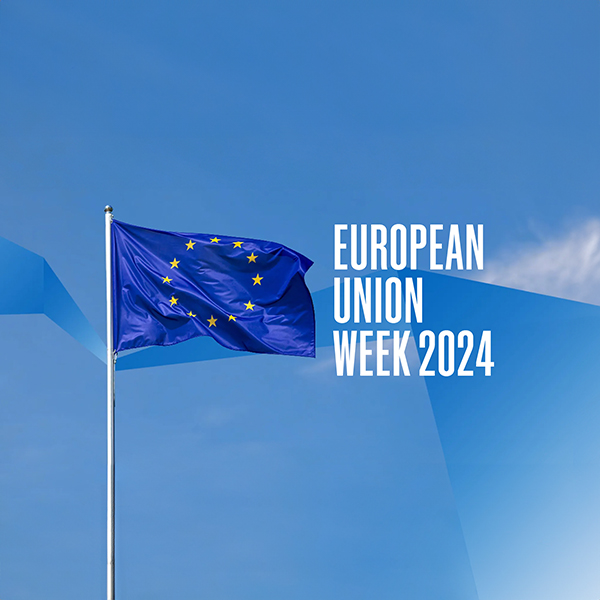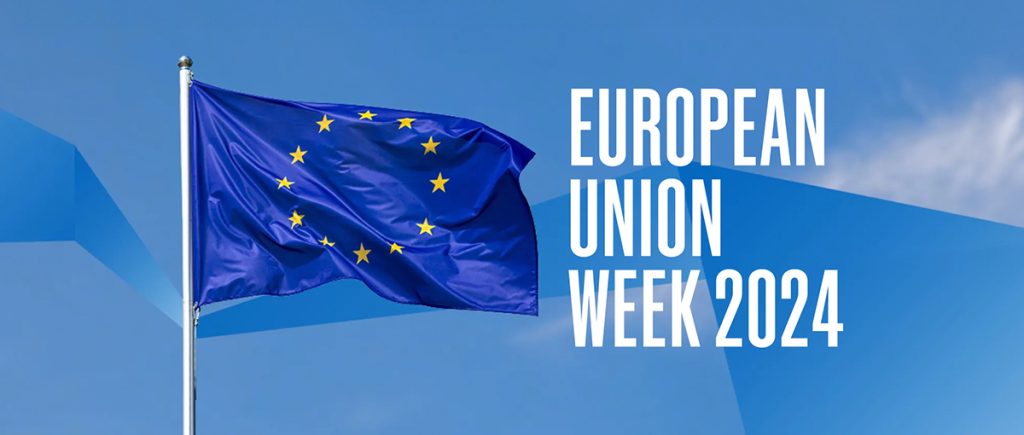A study by Davide Chiaroni in The Parliament Magazine
In today’s discourse, recycling is often hailed as a key strategy for sustainability. However, this In today’s discourse, recycling is often hailed as a key strategy for sustainability. However, this common perception tends to oversimplify the concept, in particular overlooking the crucial distinction between linear and circular recycling.
The article ‘Why a Circular Economy Would Be a Game-Changer for the EU‘ by Davide Chiaroni, Professor at the School of Management of the Politecnico di Milano, published in ‘The Parliament Magazine’, explores this issue and highlights the urgent need for the European Union (EU) to adopt circular recycling practices in order to increase industrial productivity and maintain global competitiveness.
Linear recycling, as a simple component of waste management, suffers from significant drawbacks.
Firstly, it almost always involves downcycling, where recovered materials are reused in lower value products, reducing their economic viability. It is also based on the “origin” of the materials, i.e. the supply chain from which they come, rather than their “nature”, which means that the same item can follow completely different (and sometimes very complicated) and inefficient paths.
Circular recycling, on the other hand, offers a transformative solution. By prioritising upcycling, materials retain or even increase their value when reintroduced into production cycles. However, this approach requires careful segregation of materials on the basis of their properties so that they can be reintroduced into the production process, as well as collaboration between producers and recyclers from the design stage.
For the EU, the stakes are high. With significant imports of critical materials such as lithium, cobalt, silicon and rare earths, the transition to circularity is essential to reduce resource dependency and balance material supply and demand.
The article explores these themes in detail, providing insights into the limitations of linear recycling and the vast potential of a circular approach.
Per saperne di più
Davide Chiaroni
Why a circular economy would be a game-changer for the EU
The Parliament Magazine, May 2024


